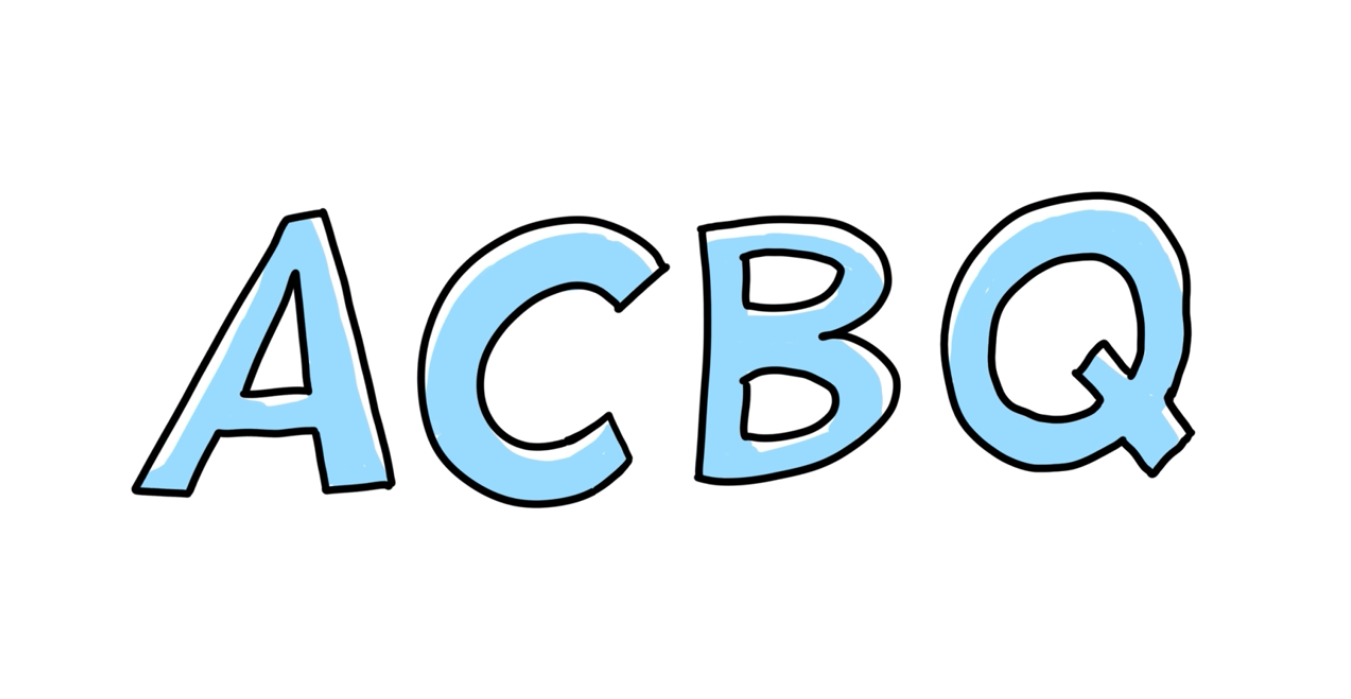Welcome to information on the Adolescent Conspiracy Beliefs Questionnaire (ACBQ)
Conspiracy theories can affect people’s beliefs and behaviours in significant ways. For example, they can influence decisions on important issues such as climate change and vaccination. Despite their importance, however, all of the existing research on conspiracy theories has been conducted with adults, and questionnaires to measure conspiracy beliefs have been designed only with adults in mind. Therefore, we do not currently know when and why conspiracy beliefs develop in young people and how they change over time. This timely project - funded by the British Academy - has developed and validated a conspiracy beliefs questionnaire suitable for young people called the Adolescent Conspiracy Beliefs Questionnaire (ACBQ).
We tested the ACBQ on a range of young people in the UK, allowing us to finalise 9 questions that measure young people’s belief in conspiracy theories. The ACBQ includes questions such as “secret societies influence many political decisions” and “governments have deliberately spread diseases in certain groups of people”. Participants completing the scale are asked to respond to each statement on a scale from 1 (strongly disagree) to 7 (strongly agree). A higher mean score indicates a higher belief in conspiracy theories.
Read the paper published in the British Journal of Developmental Psychology (open-access)
Read a press release on the research or a longer piece in The Conversation
Download the 9-item ACBQ (English, available for use with credit).
If you want to learn how best to talk to young people about conspiracy theories, check out our Conspiracy Kitchen.
For any queries, please get in touch with Dr Daniel Jolley (daniel.jolley@nottingham.ac.uk)
Daniel Jolley, Karen Douglas, Yvonne Skipper, Eleanor Thomas and Darel Cookson
Thanks to all the schools and young people involved in the research
Some graphics from the ACBQ explainer video on YouTube:
Drawn by Carse and Waterman Productions



